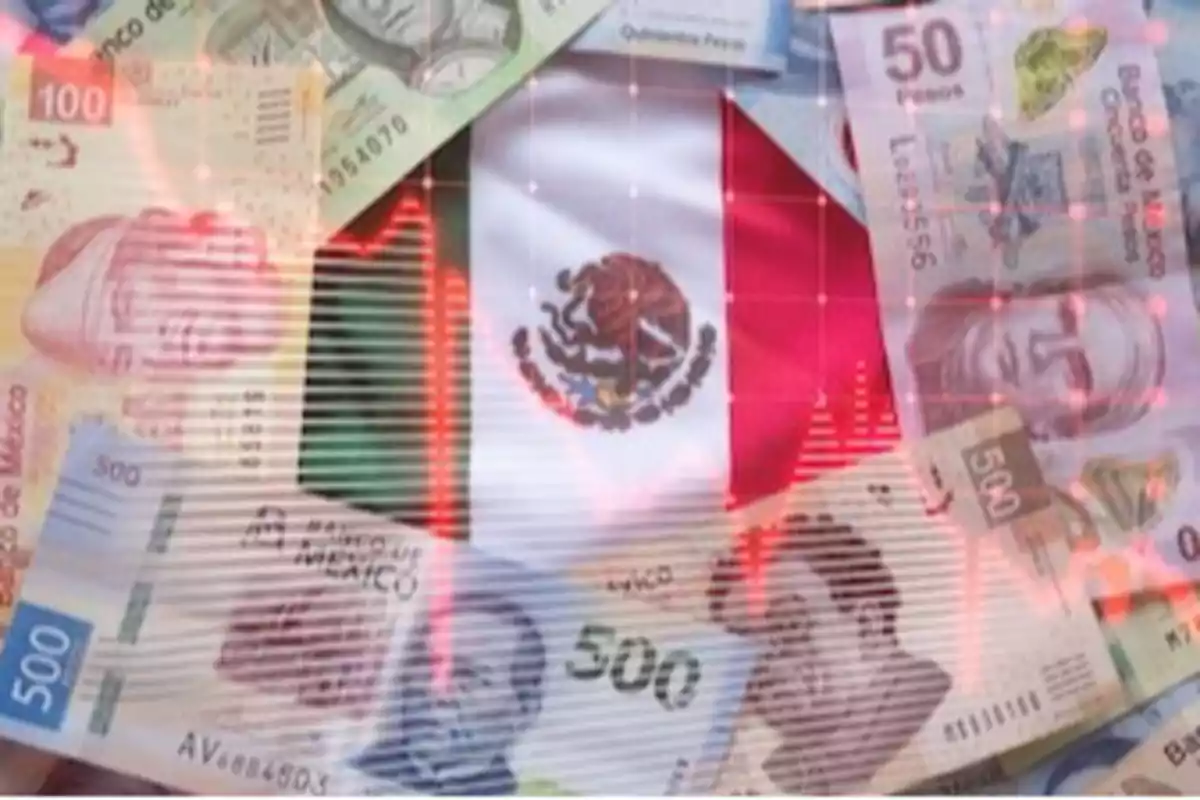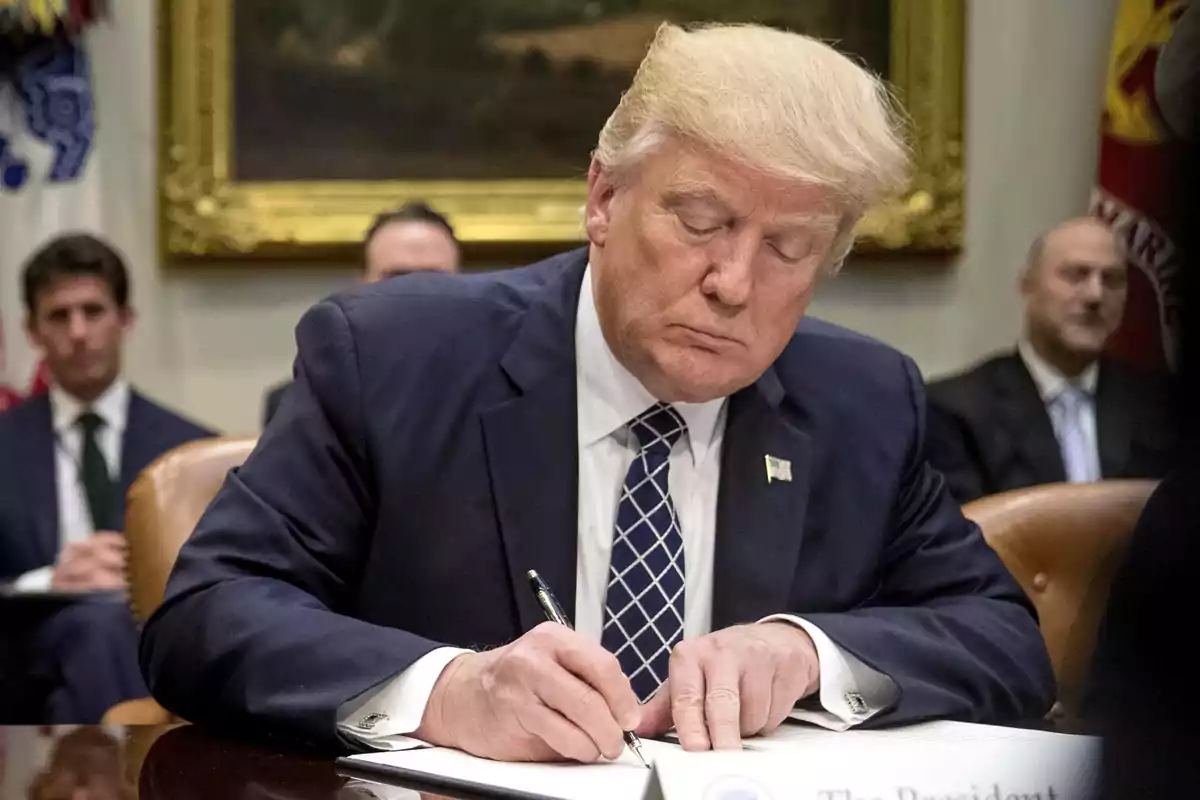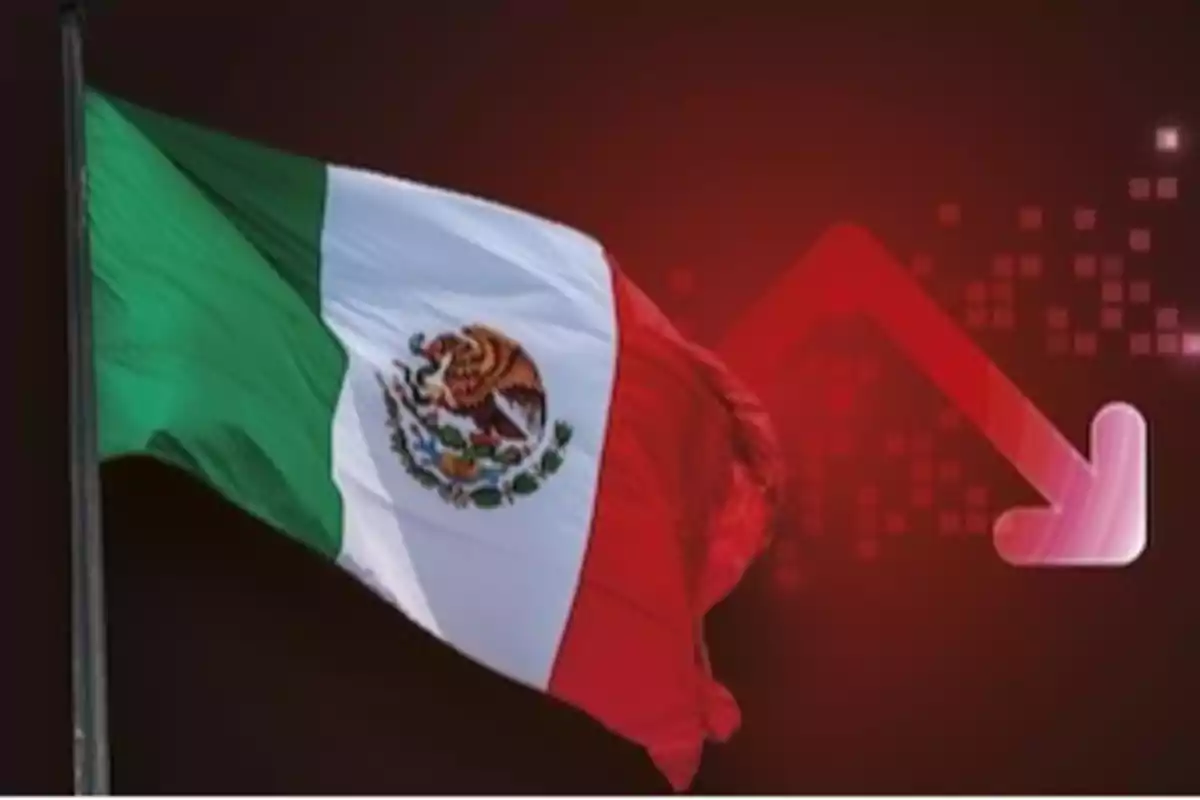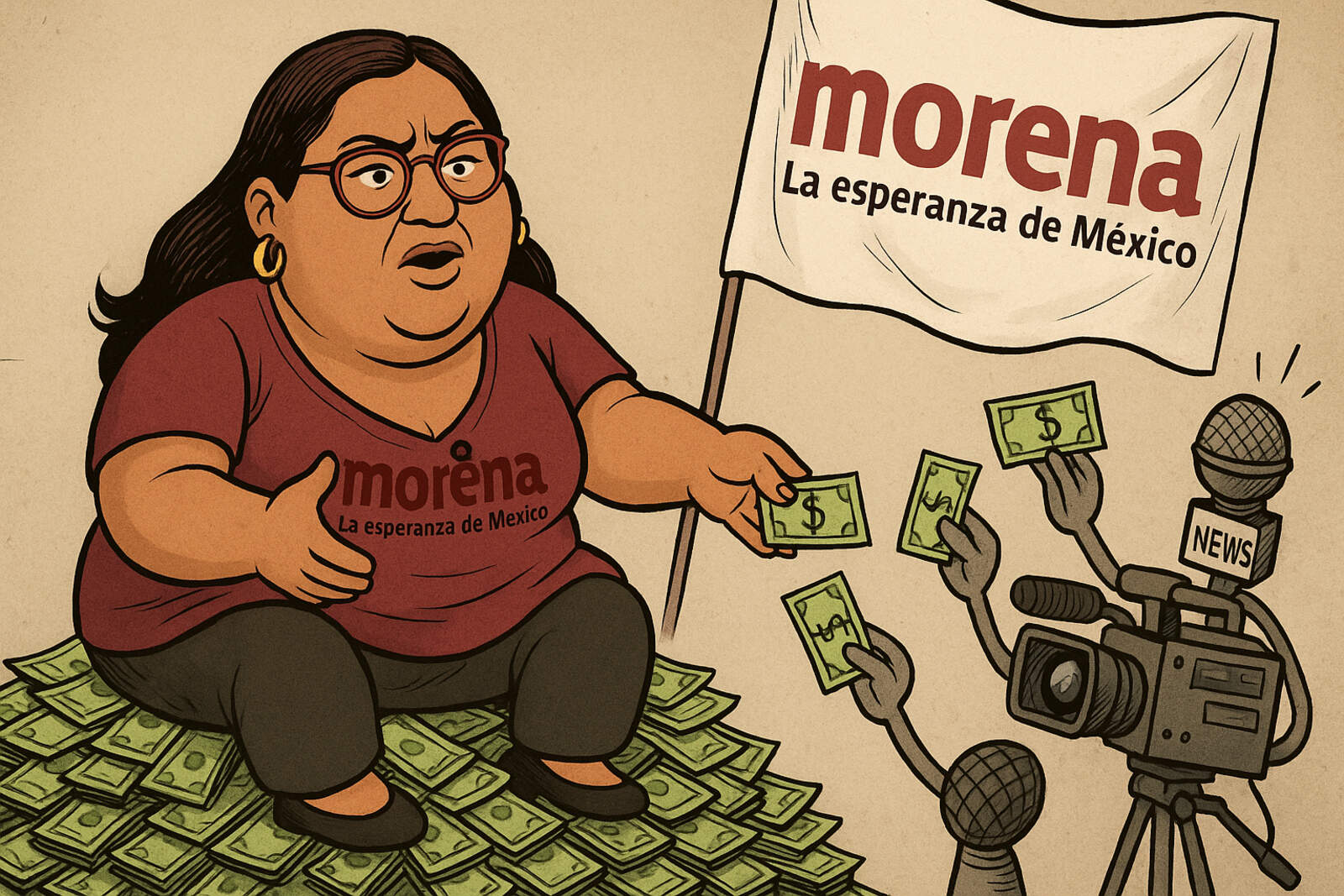The World Bank has raised a new alarm about the state of the Mexican economy under the current Morena government. In its most recent report, the international organization estimates that in 2025 Mexico will not grow at all.
Mexico would rank as the second worst-performing economy in Latin America, only above Haiti. It is worth remembering that currently Haiti doesn't even have a functional government and is facing a deep social crisis.

According to the analysis "Organized Crime and Violence in Latin America and the Caribbean," the Gross Domestic Product (GDP) of Mexico will have a variation of 0.0% in 2025. This represents a total stagnation.
The numbers reflect a sharp slowdown compared to the meager growth of 1.5% estimated for 2024. A slight recovery of 1.1% is anticipated in 2026 and 1.8% in 2027. However, those levels are insufficient for an economy that claims to be one of the largest in the region.
The failed promise of nearshoring
The official discourse assures that Mexico will benefit from nearshoring, but that reality is increasingly distant. The report warns that the protectionist shift of the U.S. government and the new tariffs have caused enormous uncertainty.
This situation has halted Mexico's integration into global supply chains and jeopardizes jobs linked to exports. Added to this is the weak economic growth of China, another key market, which further worsens the outlook.

While other countries seek to diversify their trade relations, Mexico's achievements are minimal. Agreements with Mercosur and the European Union are mentioned, but these are still not enough to counteract the lack of internal economic dynamism and the poor management of public policies.










